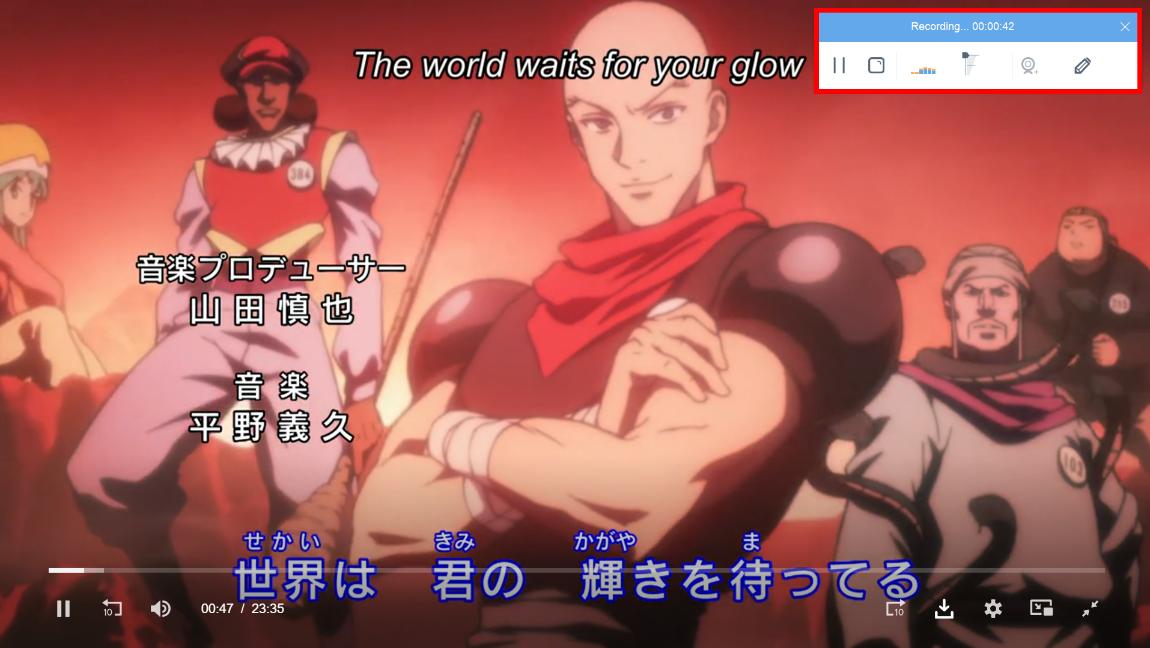While some dealers and dealer attorneys expressed concern about General Motors' new disclosure form for non-GM service contracts, parts and accessories, F&I product providers were unfazed by the updated requirement and even applauded GM for its move.

The acceptance and ease shows F&I companies' confidence in their dealership relationships and track records with customers. Another disclosure could even prevent customers from entering into contracts with undependable F&I companies, one F&I provider said.
Several years ago, when GM began requiring dealers to disclose to customers on the purchase order or bill of sale that they had bought a non-GM service contract, executives at EFG Cos. wondered if and how the disclosure would affect their business. But it had no impact, said John Stephens, EFG's executive vice president of dealer services.
Some have said the new form dealerships must add to their sales and service process acts as another reminder that the customer is not buying a GM product and that GM does not support the product the customer is buying. Some consider it a ploy by GM to persuade customers to buy its products, rather than products from third parties.
Stephens thinks about the change much differently and suggests that dealerships follow the automaker's guidelines. "I think there are some good intentions with this bulletin. I applaud the fact that OEMs make sure the customer is informed," he said.
Scott Karchunas, president of Protective Asset Protection, said dealerships are the ones that stand behind the products. They want to build or maintain a long-term relationship with the customer regardless who provides the F&I product, he said.
Stephens said startup companies may make their way into the F&I arena with inexpensive but unreliable products. Consumers might buy them and then be disappointed with their coverage when they need it. "There is some good in the messaging to make sure the consumers do their due diligence," he said.
The form also encourages dealers to be critical of their vendors. After all, when consumers sign the disclosure from, they may ask who is providing their coverage. In that case, the F&I manager will likely have to vouch for the F&I company the dealership works with.
Established F&I companies have long histories of coverage statistics and customer reviews. EFG, for example, gives its dealership clients fact sheets to help inform customers. The fact sheet tells customers how many claims the company has paid for that dealership's clients and how much money it has paid toward those claims.
A decade or so ago, third-party F&I providers were often "behind the curtain," said Jenny Rappaport, EFG's chief marketing officer. Now F&I managers often share who their partners are. Consumers are more informed, especially when dealerships feature vendors' F&I product videos on their websites.
The new disclosure form will affect the dealership's process, but long-standing, reputable F&I providers have little to worry about.









Post your comment